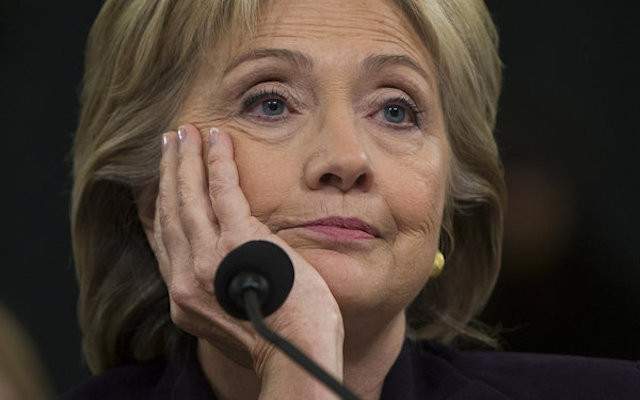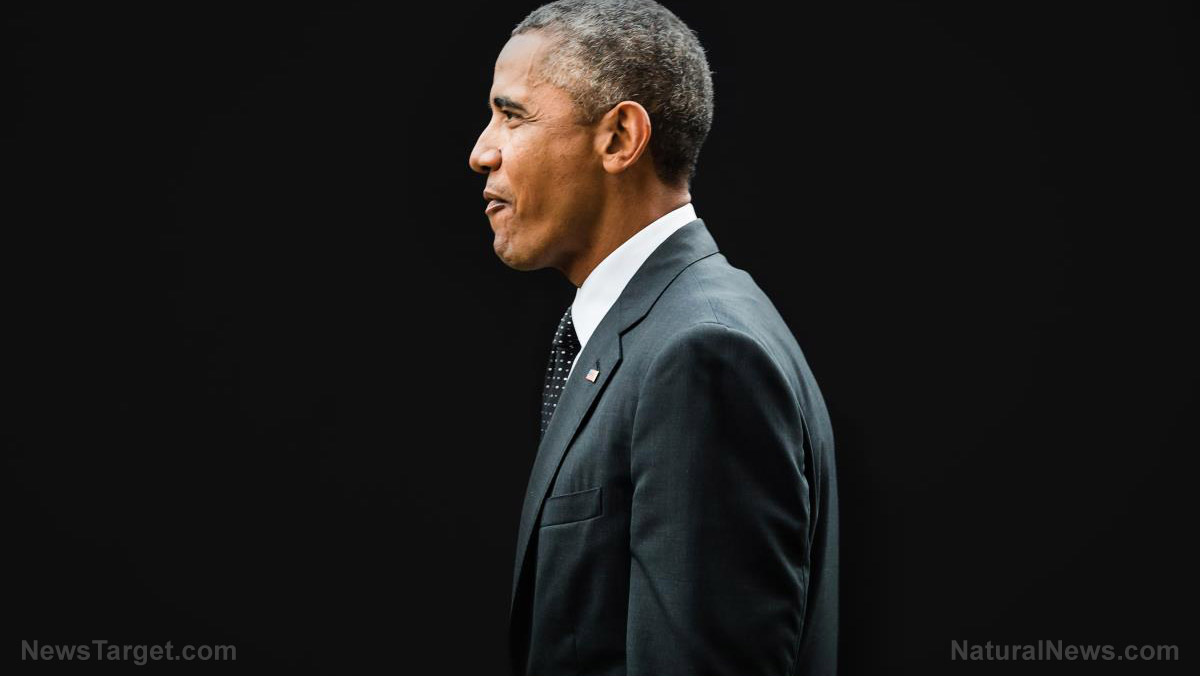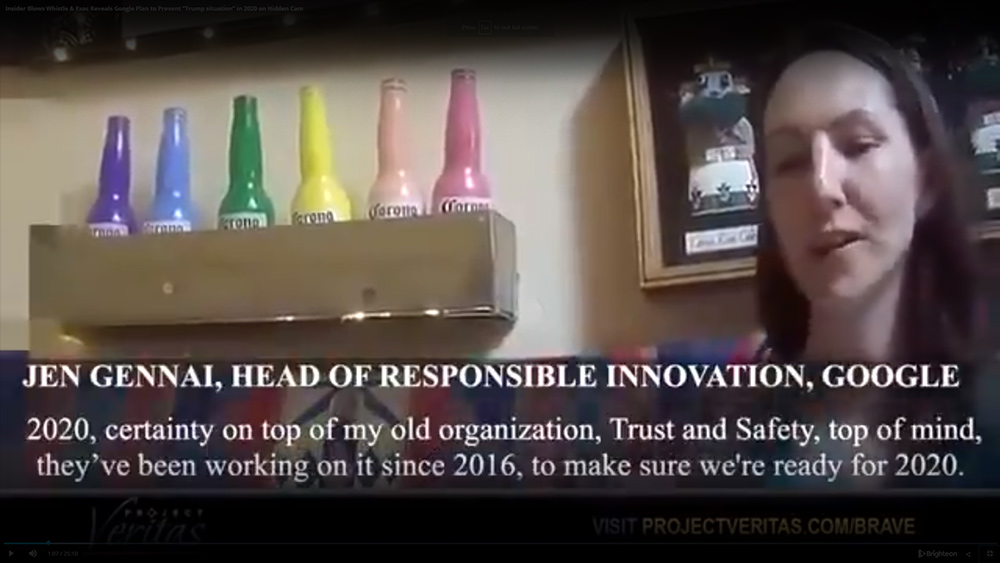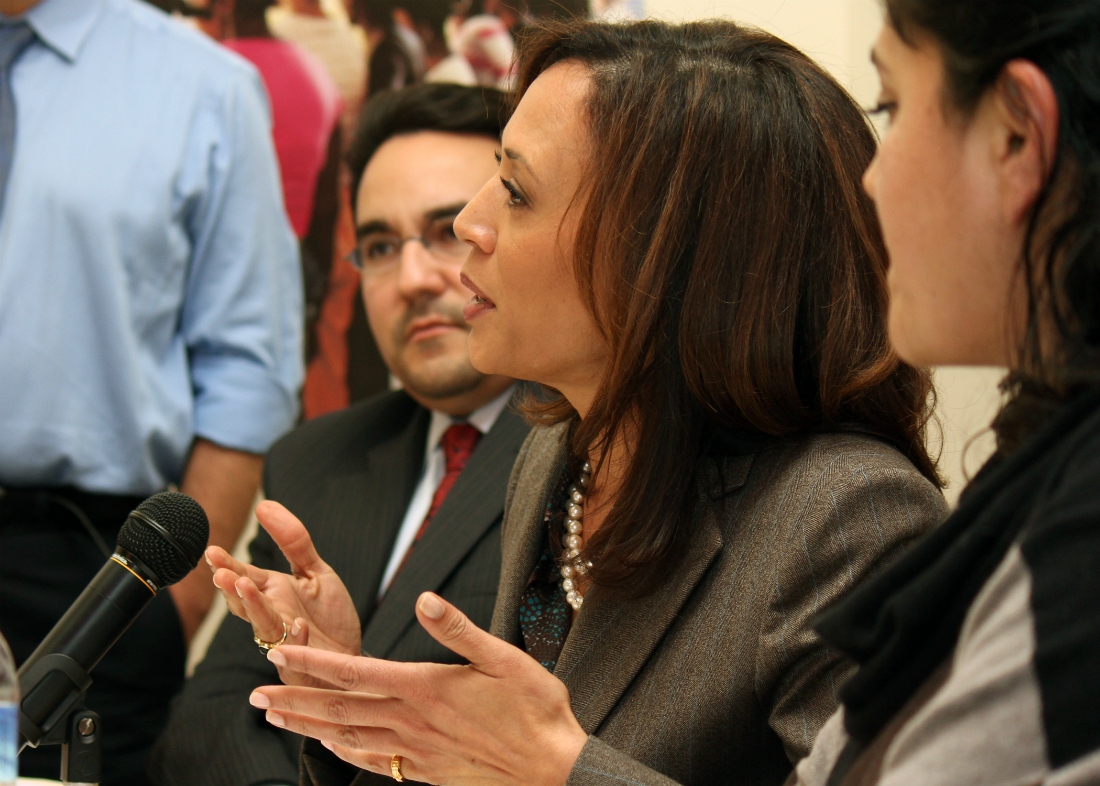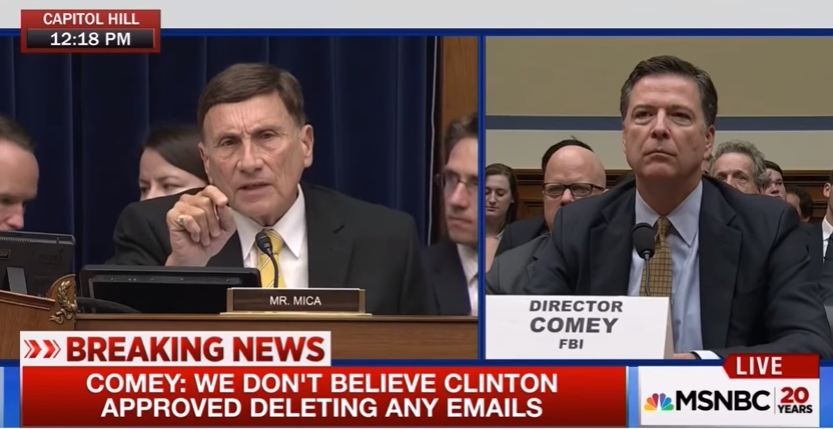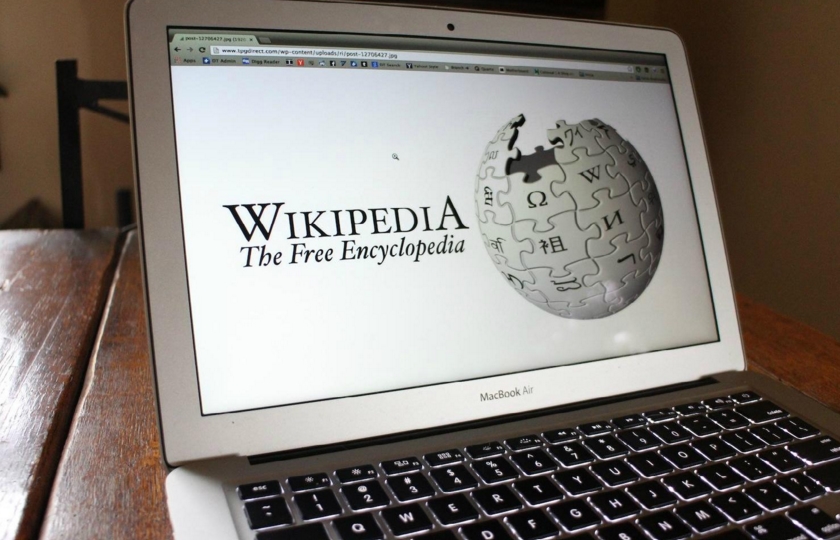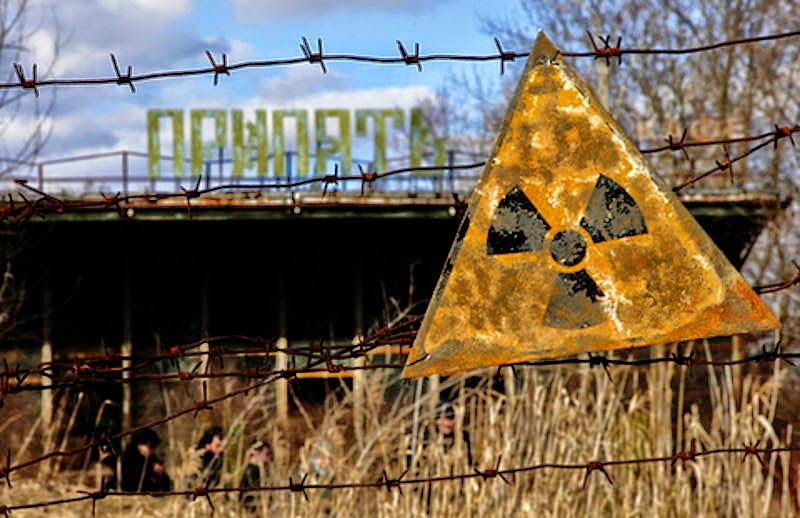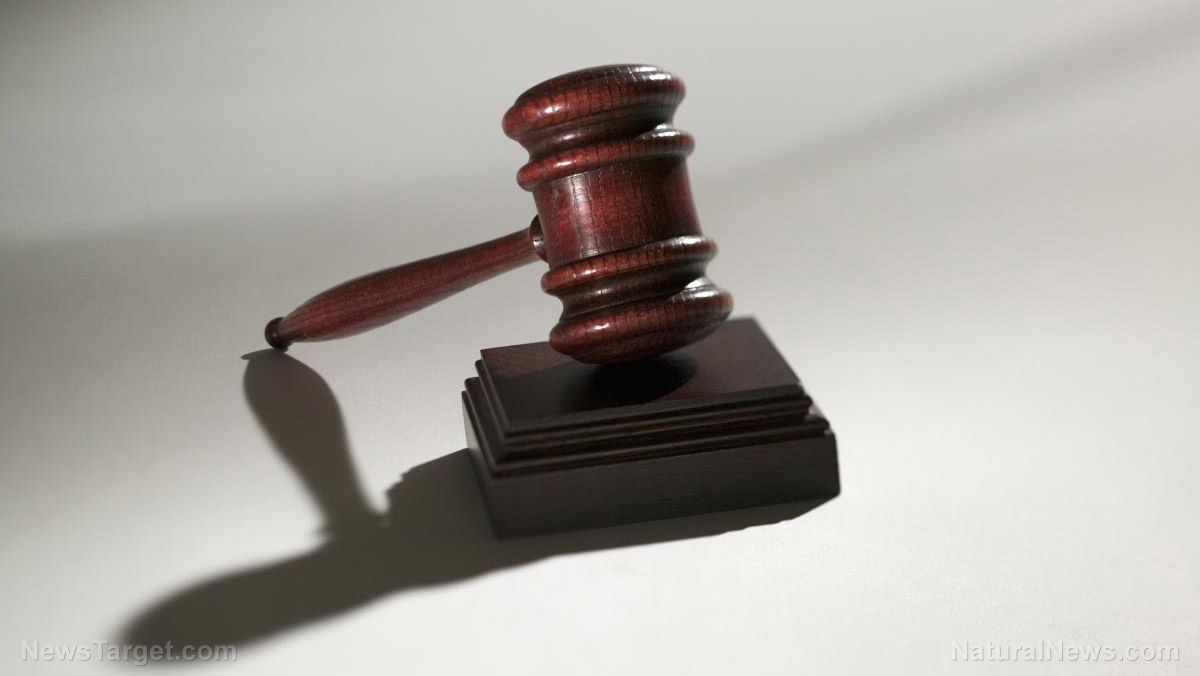How Attorney General Barr could change the federal culture of corruption in 60 days
05/08/2019 / By News Editors
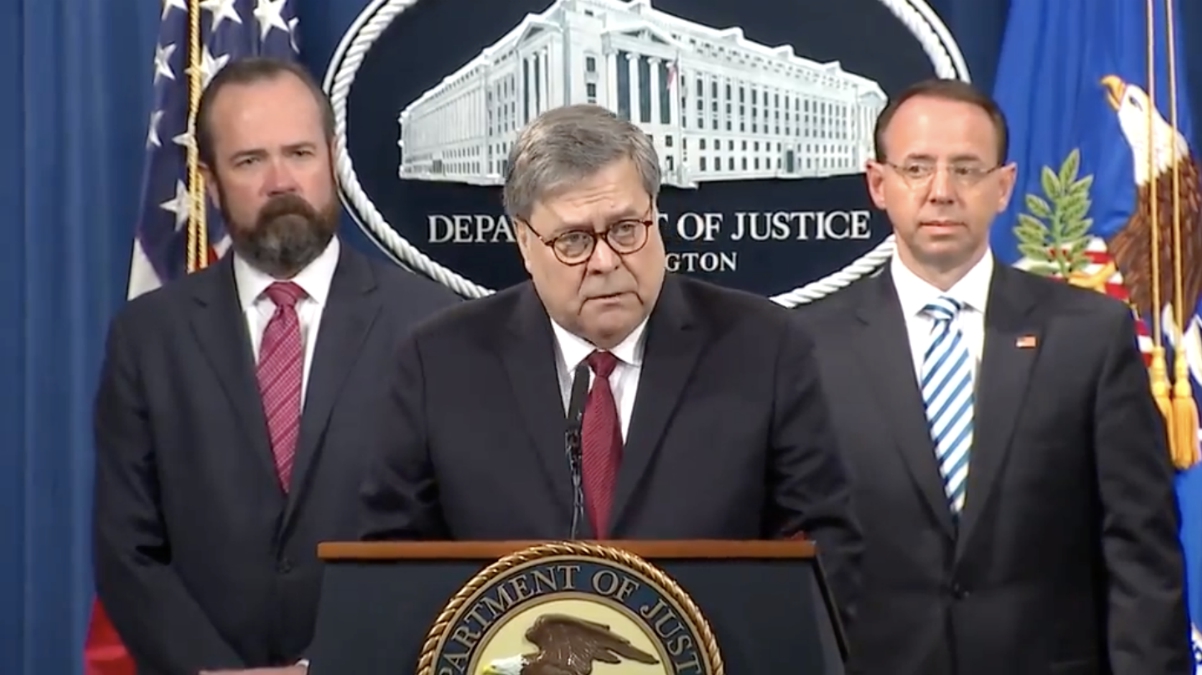
I’m in my 30th year of covering national news and I’ve learned a hard truth about the federal government under numerous administrations. It’s a culture where truth-telling is frowned upon; coverup is rewarded and encouraged.
(Article by Sharyl Attkisson republished from TheHill.com)
That helps answer a question many have recently asked about the FBI and our intelligence community: Why haven’t more whistleblowers come forward?
Several months ago, an FBI source told me that numerous whistleblowers had gone to members of Congress with information about the FBI and the Trump-Russia scandal, only to have congressional leaders turn their names over to the Department of Justice. True or not, this was the word on the street, and it had a chilling impact on other would-be whistleblowers.
The fact is, insiders know that things rarely turn out well for the whistleblowers. They and their families are targeted, attacked and smeared. They lose their jobs or chance to advance. Their health suffers. Their personal lives fall apart.
Meantime, they look over their shoulders and see that their truth-telling changed nothing. The guilty parties usually stay in their cushy jobs or are allowed to quietly retire with full benefits. Sometimes they’re promoted.
So it’s no surprise that, even though I believe the federal government is populated with mostly good people, they tend to keep their mouths shut and go along. After all, why come forward if your actions aren’t going to fix anything and the only result will be that your life is ruined?
There’s a simple yet dramatic way to change this longstanding culture, one that everyone should be able to get behind: A new whistleblower amnesty program.
It could start with the Department of Justice and intelligence community. Attorney General William Barr could set it up quickly, before the establishment has time to mount a full-force lobbying campaign to stop it. Here are two potential aspects:
Amnesty period
Establish a 60-day amnesty period of time for anyone in the intel community to come forward and admit their own wrongdoing or blow the whistle on others.
Offer anonymity, legal representation and job security for the whistleblowers. Any whistleblowers whose names become known would fall under a new group of protected federal employees with independent overseers ensuring they do not suffer retaliation. In the alternative, a mutually beneficial separation could be negotiated.
Someone confessing to his or her own wrongdoing generally would be guaranteed immunity from administrative punishment or prosecution. The seriousness of the offense or crime would be weighed against factors, such as the information he or she provides about broader wrongdoing, and a mutually beneficial resolution for the individual and government would be negotiated.
Intermediaries
Establish trusted intermediaries through which the whistleblowers would work. “Trusted” means intermediaries trusted by the whistleblowers, not necessarily by the establishment figures whose policies and processes would be challenged. (The agency inspectors general are not universally trusted, and often are seen by insiders as part of the establishment protecting the agencies they oversee.)
Several ideas for intermediaries come to mind: the Obama-appointed Inspector General for Afghanistan Reconstruction John Sopko (who continues to serve under President Trump); the Project on Government Oversight, headed by Danielle Brian; attorney Victoria Toensing, who long has worked with whistleblowers; and Marcel Reid and Michael McCray of the National Whistleblower Center. There are many more possibilities; these are simply a few examples showing that it is possible to find resources likely to be considered trustworthy by various whistleblowers.
Those who do not come forward during the amnesty period, but who are implicated in wrongdoing, would face the full force of administrative action or prosecution.
For those who believe there is little wrongdoing and corruption inside the Department of Justice and our intelligence communities, this process would be speedy and nimble.
However, if there are more problems than we think, we should be prepared for a giant purge. If the idea works, it could become a model for rooting out problems within all federal agencies.
Such a process would change the longstanding federal culture that overlooks or encourages corruption, and lead to cleaner, more effective governing.
Logically, there should be few legitimate objections. All should be able to get behind a relatively simple plan to root out corruption and wrongdoing in our federal agencies.
But they probably won’t.
Read more at: TheHill.com
Tagged Under: amnesty, Collusion, corruption, deep state, FBI, FBI corruption, federal, government, intermediary, Whistleblowers
RECENT NEWS & ARTICLES
COPYRIGHT © 2017 CORRUPTION NEWS

